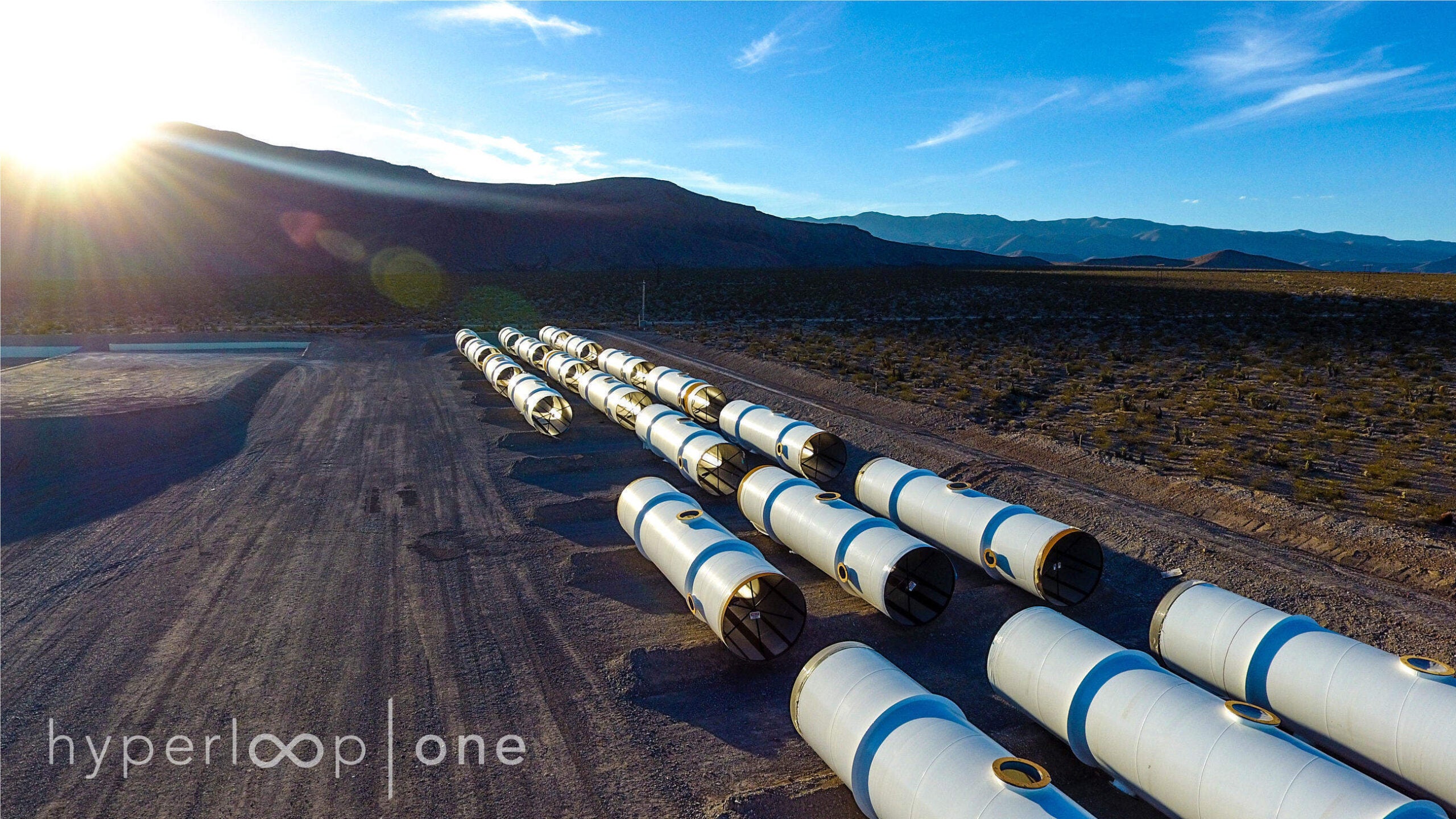
Hyperloop One, a US-based startup aiming to make ultra-high speed land-based travel a reality, is looking to bring the technology to India.
Devised by Elon Musk of Tesla and PayPal fame, Hyperloop is a mode of transport that would propel pods through a near-vacuum tube at near the speed of sound, around 340.29 metres per second.
The idea was invented by Musk as an alternative to the high-speed rail network proposed between Los Angeles and San Francisco.
Musk’s idea was that hyperloop would be faster and cost less than the amount the rail network would need. However, the technology is still far from finished.
Hyperloop One is one of the companies competing to develop the new technology and spread it across the world. It is in initial talks with the Indian government and companies, and has proposed five routes across the country.
India, vote for your fav route from 1 of our proposed 5. Now traveling doesn’t need to take days! #VisionForIndia https://t.co/TGd8IxVsKh pic.twitter.com/L7h5DPy21j
How well do you really know your competitors?
Access the most comprehensive Company Profiles on the market, powered by GlobalData. Save hours of research. Gain competitive edge.
 Company Profile – free sample
Company Profile – free sampleThank you!
Your download email will arrive shortly
Not ready to buy yet? Download a free sample
We are confident about the unique quality of our Company Profiles. However, we want you to make the most beneficial decision for your business, so we offer a free sample that you can download by submitting the below form
By GlobalData— HyperloopOne (@HyperloopOne) February 28, 2017
If built, Hyperloop One says it would take only one hour to travel from Delhi to Mumbai. Currently, a train journey takes a minimum of 15 hours to complete the distance.
Hyperloop One’s chief executive Rob Lloyd said in a statement:
“Hyperloop One will help accelerate India’s growth towards building substantial infrastructure that is both financially and environmentally sustainable.
“A transportation system like the Hyperloop will undoubtedly ease the pressure on existing infrastructure while enhancing the quality of life of the people. We are already working with the governments around the world on passenger and freight projects, and we look forward to also partnering with India to support this endeavour.”
Suresh Prabhu, the minister of Indian Railways, attended Hyperloop One’s Vision for India event. Prabhu said all companies are welcome to explore their ideas with the government.
“We are watching all of these (new technologies) very keenly and we are working to modernise the Indian railways,” said Prabhu.
Back in December, Hyperloop One’s biggest rival, Hyperloop Transportation Technologies (HTT) submitted a proposal to Union transport minister Nitin Gadkari, to use its version of the hyperloop to link Mumbai and Pune.
HTT chairman, Bibop Gresta, said:
“India is the perfect mix of high-density, lack of infrastructure and political willingness. We are talking about a feasibility study which can become a real track once the study is positive. If the government wants to do it, we are ready.”
If HTT wins approval from the Indian government, it aims to do a feasibility study in six to eight months. If this goes well, it says it could start operations in just over three years.
HTT has already signed an agreement with California in the US, as well as other countries including Abu Dhabi, Nigeria and Slovakia.




